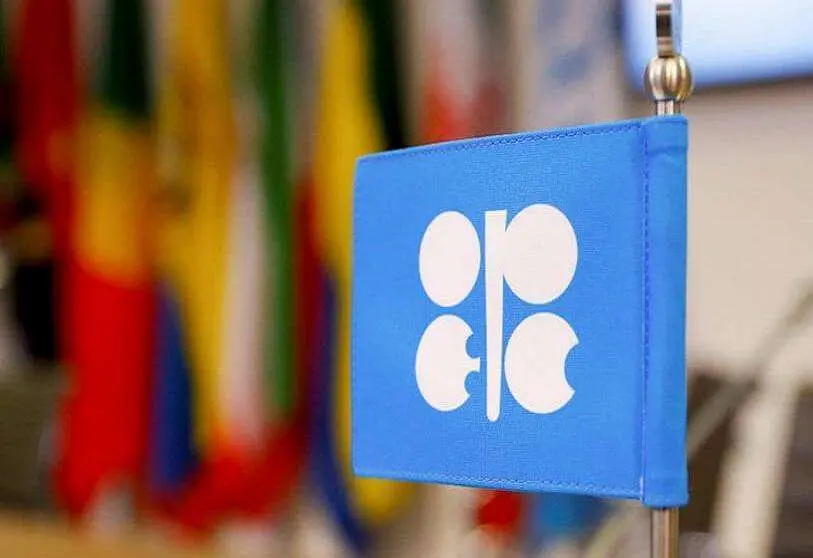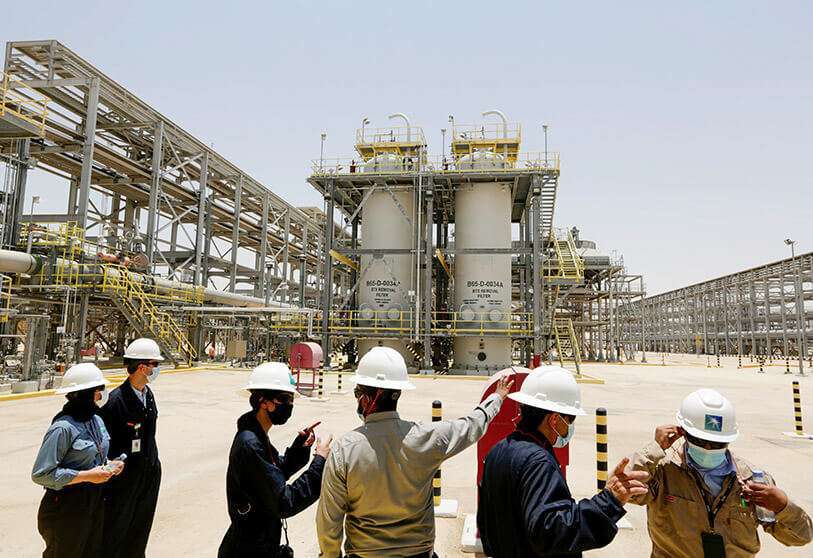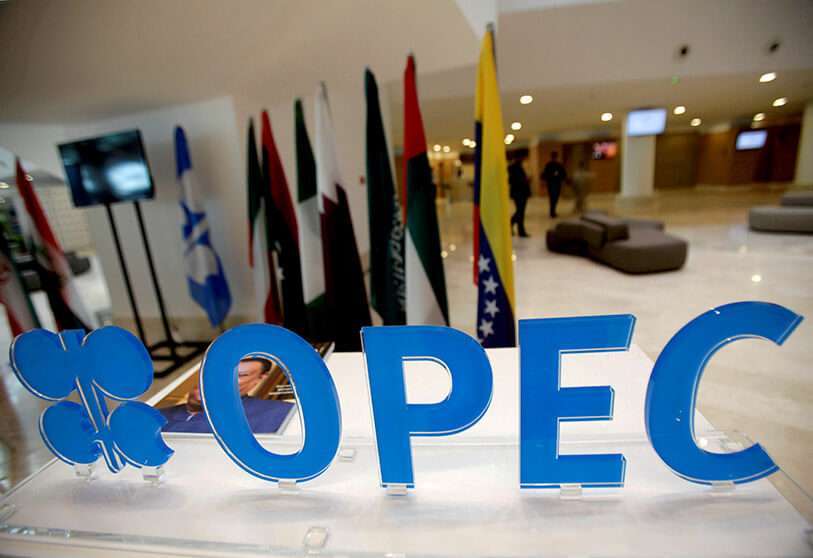US calls for freeing up oil stocks in the face of OPEC+ refusal to increase oil production

The tug-of-war between the United States and OPEC+, far from being close to a solution, is leading to new initiatives from the White House. On this occasion, Washington is urging several countries to release their crude oil reserves in the face of the inflexible position of the OPEC+ states. The organisation led by Saudi Arabia considers that it is not necessary to increase oil production, as the United States is demanding. However, the escalation of energy prices is forcing Joe Biden's team to look for new ways to halt this rise, and it has seen China, Japan, India and South Korea as potential allies in this endeavour.

The plans of the Organisation of the Petroleum Exporting Countries appear to be very clear and there is no intention to change the roadmap. The increase in oil production will not take place until 2022, despite the fact that many accuse OPEC+ of a possible shortage in supply, something that is categorically denied. Washington accuses the organisation of deliberately withholding supplies and calls for the 400,000 barrels a day currently produced to be increased to at least 600,000 barrels a day.
The depressed prices are putting political pressure on President Biden, who has decided to push through an unusual move in which he hopes to have the support of major states in order to force OPEC+ to increase oil production as well. However, this stockpile release move - advanced by Reuters - is already underway. A spokeswoman for China's National Food and Strategic Reserves Administration explained that "crude oil release work is underway at the moment", the details of which will be revealed "in due course".

If there is one word that defines American sentiment towards OPEC+ at the moment, it is frustration. Efforts to change the organisation's plans have come to nothing, while American society wakes up every day with prices higher than they were the day before. Sources quoted by the British agency claim that the initiative promoted by the White House is the "symbolic fact that the world's biggest consumers are sending a message to OPEC that they have to change their behaviour".
China makes the difference in this move as the world's largest oil importer. But that alone will not be enough to achieve the US target. Sources told Reuters that a release of 20-30 million barrels of oil from a sale or loan from the US Strategic Petroleum Reserve is required to achieve the necessary momentum. However, there are problems with the US plan, including South Korea's position that it is not willing to release its oil reserves.

"We could release oil reserves in case of supply imbalance, but not to respond to rising oil prices," say South Korean sources. For its part, India shares the US frustration. Hardeep Singh Puri, India's oil minister, says that "it is not a question of supplies not being available" and that "there are five million barrels a day of available supplies that have not been released for whatever reason". Hence, the United States has been working to try to curb the rise in prices on the one hand, and the political pressure that the Biden administration is under on the other.








